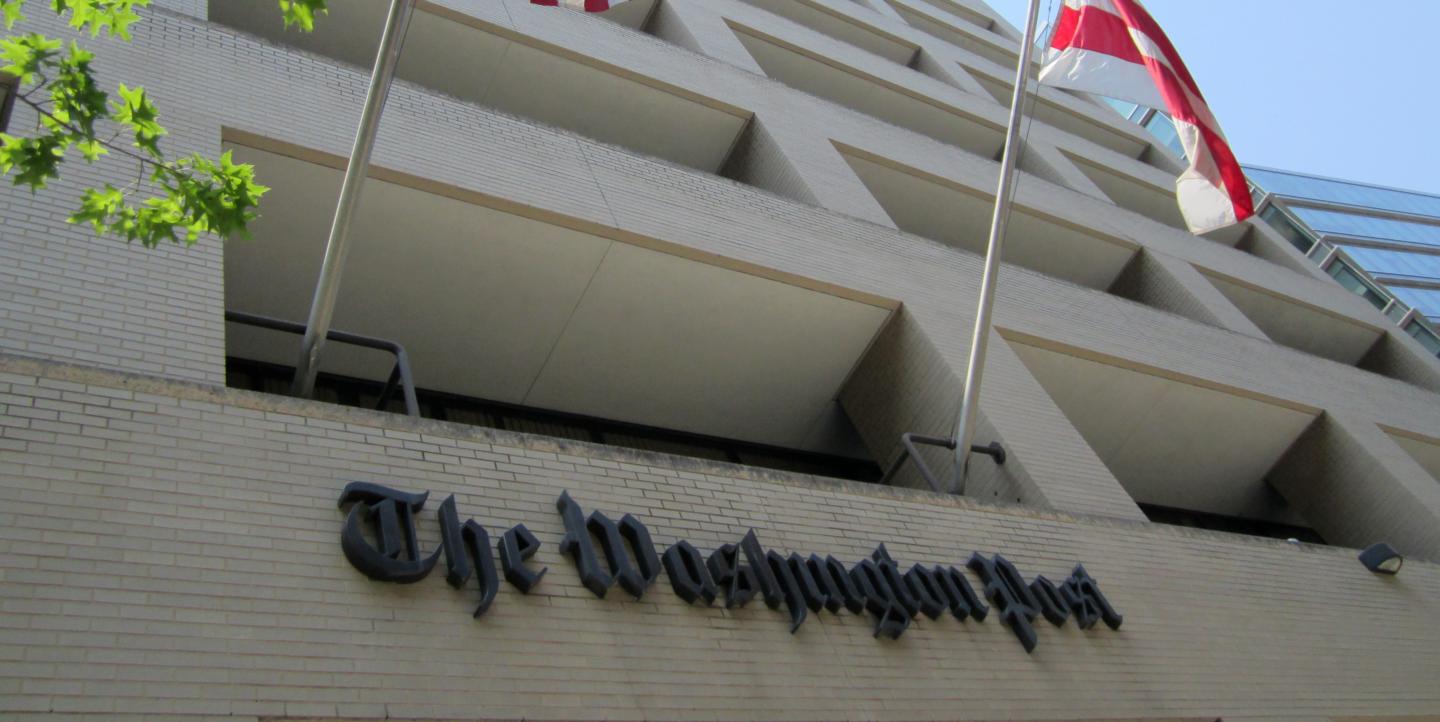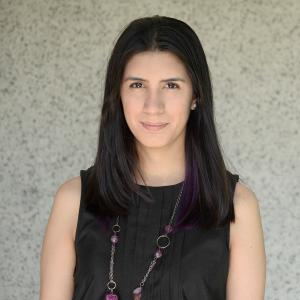After the murder of George Floyd last May sparked a series of protests throughout the U.S., many workplaces looked inward to examine the way they handle issues of racial inequity. Media outlets were no exception.
Among the news organizations announcing plans to expand efforts on diversity was The Washington Post. The paper opened about a dozen new positions last June, most of them related to race and social issues. A few weeks later came the announcement: Krissah Thompson, The Post’s editor for the Style section, was appointed the new managing editor for diversity and inclusion.
In this newly created position, Thompson’s responsibilities will fall into three buckets, she told IJNet: hiring and recruiting, shaping coverage, and enhancing newsroom culture and staff retention.
A part of the newsroom for 20 years, Thompson became the first African American woman to become a managing editor in the newspaper’s history. She considers the current moment a baseline from which to improve. “Ultimately, we want a newsroom that looks like America and can cover all communities deeply and widely,” she explained.
In the Q&A below, Thompson shared some of the expectations and goals she has for this new position, as racial justice remains a critical issue in the country today.
Will your work be focused only on the newsroom culture, or will you also be looking at engaging diverse audiences?
I am focused on both. In the near term, I want to have as many calls and meetings with managers and staff as I can to start a dialogue, have input and then start to put together my thoughts on actionable plans. I want colleagues to know that I am available, and I’ll be working to play a critical role in creating a newsroom that is a model of diversity and inclusion for our industry. I also plan to focus on retention, recruitment and training. Through that, we should see an impact on diversity in our journalism.
[Read more: How to promote diversity in coverage and in the newsroom]
Why are diversity and inclusion important for The Washington Post?
Diversity and inclusion are important goals for us all to strive toward. In an effort of transparency, we recently released publicly a company-wide report on the demographics of The Washington Post and its newsroom, providing regular data that we can evaluate. We are also communicating how this essential work can be applied in various facets, including at a manager level. Diversity and inclusion in our staff translate to diversity and inclusion in our coverage, which serves our readers best.
How have the killing of George Floyd and the protests affected the newsroom?
This is a story that has sparked historic protests. It’s a news event that we have covered well. In addition, newsrooms throughout the nation – including The Post – have taken a closer look at racial inequities on their staffs and are having conversations about how to remedy those.
What are the newsroom’s expectations for your role and for future changes in diversity and inclusion inside the organization?
I am very energetic about this work. I want to foster a “we’re-all-in-this-together” ethos. No one person can shift a newsroom’s culture or make a place more inclusive. It will take a collective body working together toward the same ambitions.
[Read more: European media has a racism problem]
Looking at the demographics that the organization recently made public, more than 77% of the leadership is white. Only 9% of leadership is Black. What would your first steps be to close this gap?
I want to see the talent already at The Post grow into leadership positions. I think we will see improvement in leadership representation by investing in the talent already in the newsroom.
The report also shows that since 2017, the gender gap between women and men has closed. During this time, we have also seen a rise in demands regarding women’s rights. Is there something from that experience that can be replicated to close the racial/ethnic gap?
I want to see The Post be intentional when it comes to building a newsroom that looks like America. We have made great strides when it comes to gender equity, and I think the increased awareness around racial inequalities will help us to better close the gaps that exist there. We are putting resources towards improving when it comes to diversity and inclusion, and I believe we will get there.
Main image CC-licensed via Wikimedia Commons.


